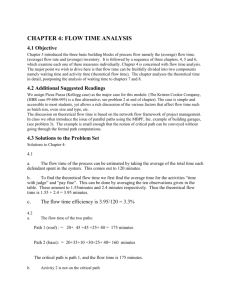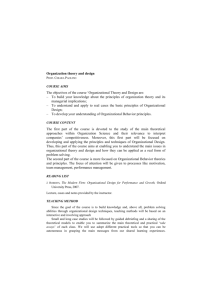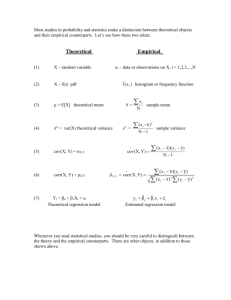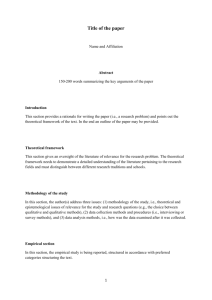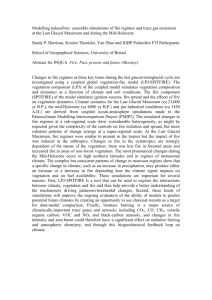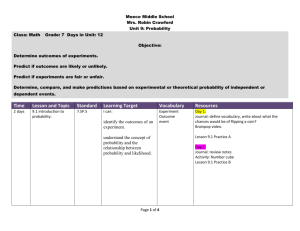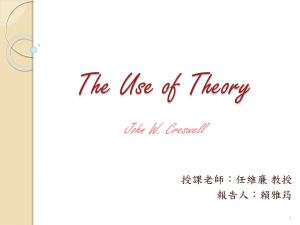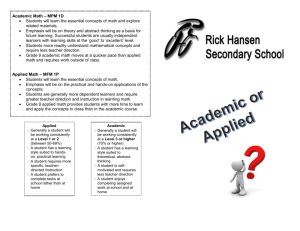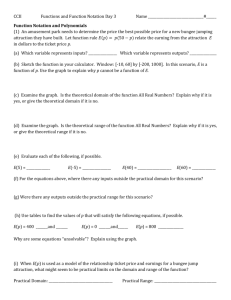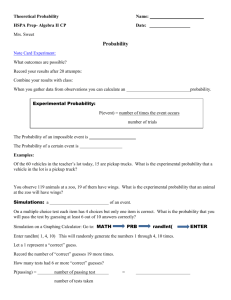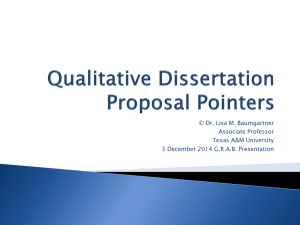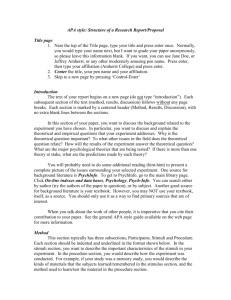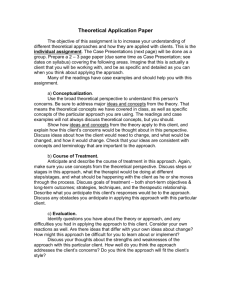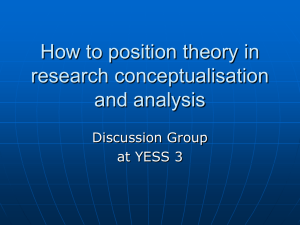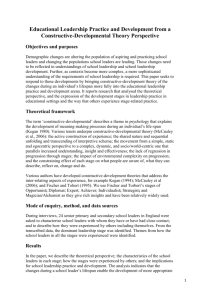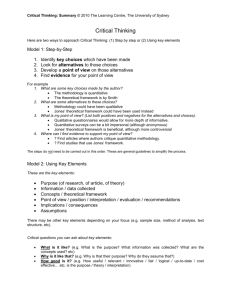abstract
advertisement
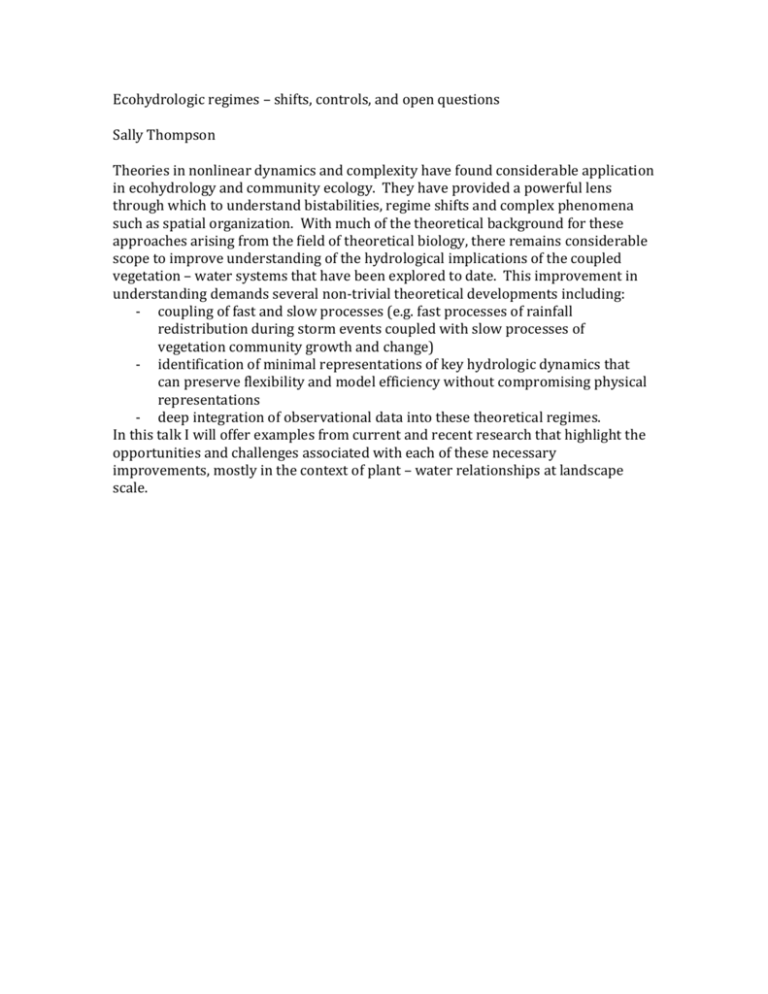
Ecohydrologic regimes – shifts, controls, and open questions Sally Thompson Theories in nonlinear dynamics and complexity have found considerable application in ecohydrology and community ecology. They have provided a powerful lens through which to understand bistabilities, regime shifts and complex phenomena such as spatial organization. With much of the theoretical background for these approaches arising from the field of theoretical biology, there remains considerable scope to improve understanding of the hydrological implications of the coupled vegetation – water systems that have been explored to date. This improvement in understanding demands several non-trivial theoretical developments including: - coupling of fast and slow processes (e.g. fast processes of rainfall redistribution during storm events coupled with slow processes of vegetation community growth and change) - identification of minimal representations of key hydrologic dynamics that can preserve flexibility and model efficiency without compromising physical representations - deep integration of observational data into these theoretical regimes. In this talk I will offer examples from current and recent research that highlight the opportunities and challenges associated with each of these necessary improvements, mostly in the context of plant – water relationships at landscape scale.

